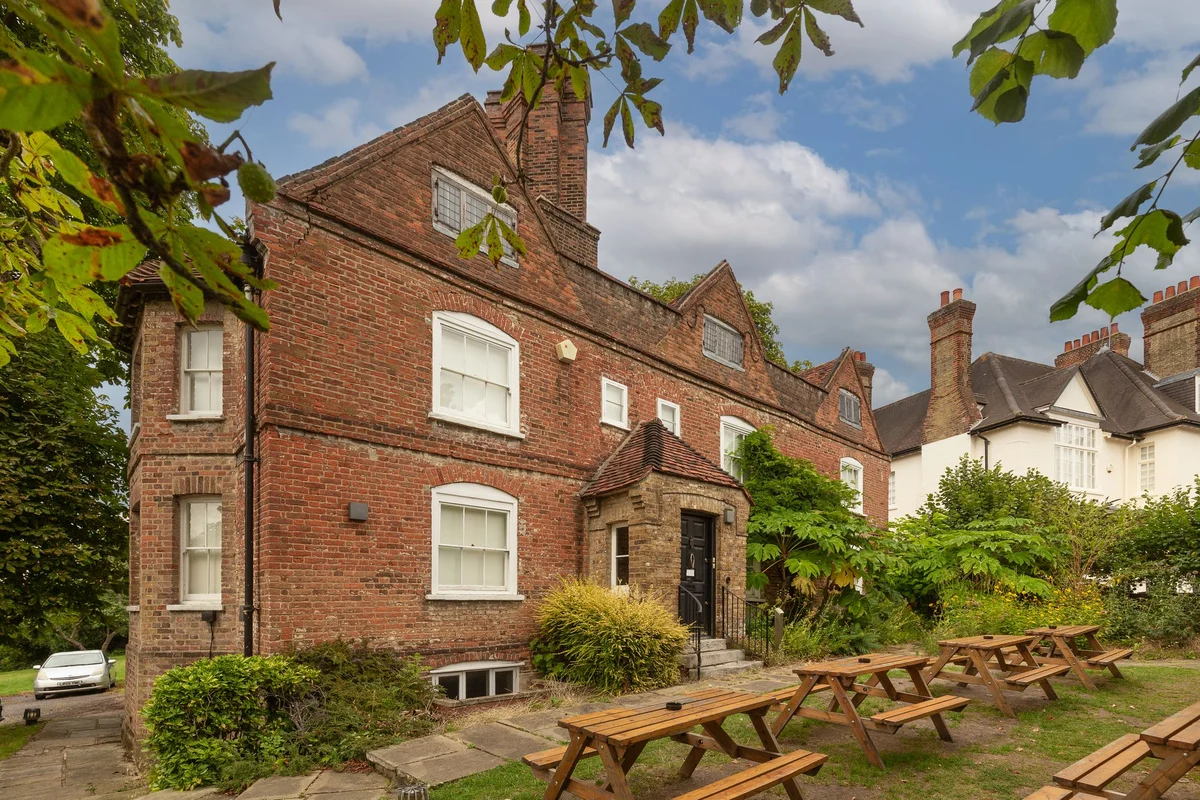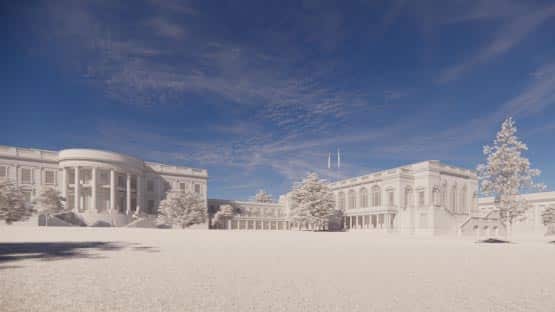Copyright standard

A 365-year-old property, thought to be the oldest surviving residential building in Hendon, is to be auctioned next week by Savills with a guide price of £1.4 million. The Grade II-listed Church Farm House Museum, on Greyhound Hill, was built around 1660, originally as a farmhouse. Between 1817 and 1823, the building was home to Mark Lemon, the writer and founding editor of Punch, who is commemorated with a blue plaque outside. The property has been owned by Barnet Council since 1944 and became a museum in 1955, with rooms furnished and decorated as they would have been in the 19th century. After Barnet Council withdrew its funding, the museum was closed in 2011, prompting staunch objection from locals, as well as a petition to save it. Shortly afterwards, it was listed for sale. “There are plenty of nice big houses showing how important people used to live, but Church Farmhouse showed how ordinary people lived in Hendon,” former museum curator Gerrard Roots told Barnet Borough Times at the time. “It is one of the most remarkable buildings in northwest London and one of the most important buildings in the area – there’s nothing else like it. But it’s just sitting there dead – it’s so sad it’s just going to waste.” Some of the museum’s contents were rehomed in other council buildings, while part of the collection was sold at auction in 2012 to raise funding for the council’s heritage projects. As Roots predicted, the building was not sold, with the paper reporting that “high planning risks” had deterred proposals from a health centre and private school. Initially, the building was left vacant, with guardians renting some of the rooms. In 2016, it was rented out to Middlesex University, restored internally, and used as an office and lecture rooms. Today, the handsome red brick building covers some 3,842 square feet of space and stands in almost an acre of grounds. Arranged in an L-shape, the property is divided into a number of large rooms, plus a small kitchen, two WCs and a basement. Despite its institutional interiors as a university building —grey carpets, white walls, batten lights— period features like the exposed timber ceiling beams, sash windows and wood panelled walls appear to have been preserved. Now, Barnet Council is attempting to sell Church Farm House Museum again, with the building to go under the hammer on Wednesday 25 November. It is being marketed by Savills as a potential development opportunity, including as an impressive private house, office, care home or school, subject to planning permission. “Church Farm House Museum represents a rare opportunity to reimagine a building of significant heritage,” says George Goucher of Savills Auctions. “Its Grade II* listing highlights its architectural and historical value, making it an attractive proposition for heritage enthusiasts, conservation-focused developers, or institutions seeking a characterful and distinctive property. “With the right vision and consents, this landmark site could make a fantastic family home, unique office, or care home opportunity.”



